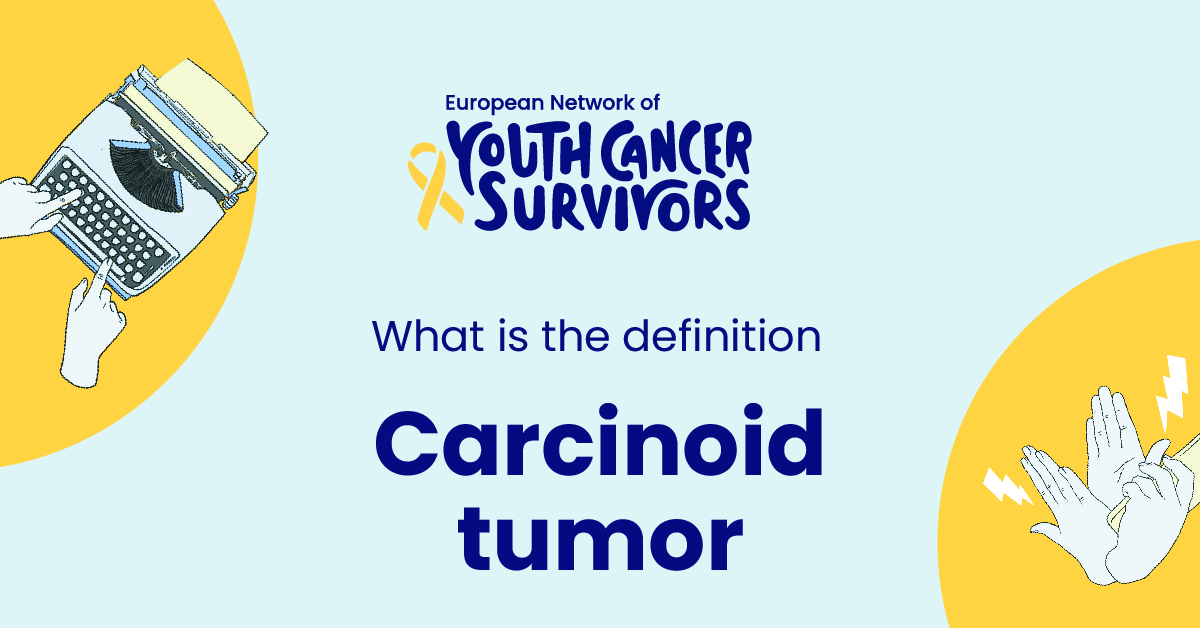
A Carcinoid Tumor is a rare kind of cancer developing from neuroendocrine cells, which are special cells acting as nerve cells or hormone-producing cells. They can grow in different parts of the body, such as the lungs, pancreas, or gastrointestinal tract, but most commonly develop in the appendix.
Classification of Carcinoid Tumor
Carcinoid tumors are classified based on the part of the body where they originate. Some of the most common types involve lung, gastrointestinal, pancreatic, and ovarian carcinoid tumors. Also, these tumors may be benign (non-cancerous) or malignant (cancerous), which is determined through diagnostic tests.
Detailed Explanation about Carcinoid Tumor
What is Carcinoid Syndrome?
Carcinoid Syndrome refers to a group of specific symptoms that occur as a result of carcinoid tumors. When these tumors secrete excess amounts of hormones into the bloodstream, it results in symptoms like diarrhea, skin flushing, and rapid heartbeat.
Causes and Risk Factors of Carcinoid Tumor
The exact cause of carcinoid tumors is still unknown. However, some risk factors can predispose an individual to develop this condition. These include family history, age, smoking, alcohol abuse, diet, and certain inherited conditions.
Diagnosis of Carcinoid Tumor
Common Symptoms of Carcinoid Tumor
The symptoms of carcinoid tumors are often vague and can be easily confused with other conditions. Symptoms may include fatigue, difficulty breathing, weight loss, skin flushing, diarrhea, and abdominal pain. In exceptional cases, carcinoid syndrome may occur, which is characterized by heart disease and flushing.
Diagnostic Tests for Carcinoid Tumors
Diagnostic tests for carcinoid tumors typically involve lab testing, imaging studies, endoscopy, and biopsy. Blood and urine tests are done to check hormone levels. Imaging tests like CT or MRI scans are used to identify the tumor’s location and size. A biopsy is performed to examine the tumor cells and confirm the diagnosis.
Treatment Options for Carcinoid Tumor
Surgery for Carcinoid Tumors
Surgery is the primary treatment for carcinoid tumors, as it removes the tumors successfully in many cases. The procedure depends on the tumor’s size, location, and the patient’s overall health.
Medication and Therapies for Carcinoid Tumors
Pharmacological treatment for carcinoid tumors often involves hormonal therapy to control the symptoms of carcinoid syndrome. Also, targeted therapies and immunotherapies may be used to slow tumor growth.
Radiotherapy and Chemotherapy for Carcinoid Tumors
Radiotherapy and chemotherapy are used if the carcinoid tumors have spread or if surgery isn’t an option. Radiotherapy uses high-energy rays to kill cancer cells, while chemotherapy involves drugs that destroy them.
Get to know us better
If you are reading this, you are in the right place – we do not care who you are and what you do, press the button and follow discussions live

Living with Carcinoid Tumor
Importance of Regular Monitoring and Follow-up
Regular monitoring and follow-up are essential for people living with carcinoid tumors. This allows for the early detection of any new tumors or recurrence and enables timely intervention.
Lifestyle Changes after Carcinoid Tumor Diagnosis
After a carcinoid tumor diagnosis, lifestyle changes may be necessary, including alterations in diet, exercise, and stress management. Regular check-ups, medication compliance, and maintaining a healthy lifestyle are crucial for managing this condition.
Conclusion
The Future of Carcinoid Tumor Treatment Research
As research continues to progress, the future for carcinoid tumor treatment looks promising with new therapies being developed. The ultimate goal is to improve survival rates and enhance the quality of life for patients with carcinoid tumors.
FAQs
- What is a Carcinoid Tumor and where do they commonly develop?
A carcinoid tumor is a rare type of cancer that usually develops in the gastrointestinal tract or the lungs. These tumors originate from hormone-producing cells.
- What is Carcinoid Syndrome and why does it occur?
Carcinoid Syndrome is a set of symptoms caused by carcinoid tumors. It occurs when these tumors secrete excessive amounts of hormones into the bloodstream.
- What are some of the common symptoms of a Carcinoid Tumor?
Common symptoms include fatigue, difficulty breathing, weight loss, skin flushing, diarrhea, and abdominal pain.
- How can a Carcinoid Tumor be accurately diagnosed?
Accurate diagnosis involves lab testing, imaging studies, endoscopy, and biopsy.
- What types of treatment options are available for Carcinoid Tumors?
Treatment options include surgery, hormonal therapy, targeted therapy, radiotherapy, and chemotherapy.

















Comments
Thank you. Comment sent for approval.
Something is wrong, try again later